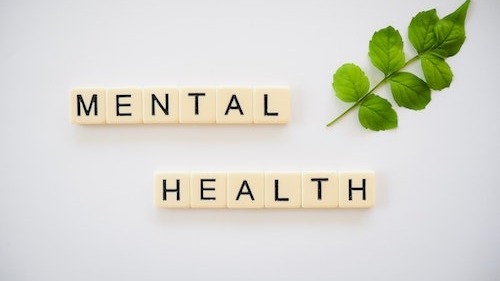
Click Subscribe To Get Access All The New Content We Produce to Help You On Your Mental Health Journey.
SUBSCRIBE
If you have any questions we haven't answered, please submit them in a comment, via email, or during a free consultation.

OUR LATEST [CATEGORY] POSTS
Lorem ipsum dolor sit amet, consectetuer adipiscing elit. Aenean
commodo ligula eget dolor. Aenean massa. Cum sociis natoque
There Are No Blog Posts To Show In The RSS Link You've Provided,
Please Try A Different Blog Posts RSS Link
There Are No Blog Posts To Show In The RSS Link You've Provided,
Please Try A Different Blog Posts RSS Link
Don't Ever Miss Out On A New Insight
Make sure you never miss a new insight by signing up for our mailing list. We will share the articles with you, as well as additional insights that our patients are finding helpful.
You don't have to be a patient of ours to sign up and benefit from the emails. All are welcome.
SUBSCRIBE
Removed Automation Delay
Added Automation Delay
HOURS
Monday 10AM - 8PM
Tuesday 10AM - 8PM
Wednesday 10AM - 8PM
Thursday 10AM - 8PM
Friday 10AM - 5PM
Saturday 12PM - 8PM
Sunday Closed
CONTACT US
FIND US
© 2025 Salt River Therapy All Rights Reserved. 26 Court Street, Brooklyn, NY 11201 . Contact Us . Terms of Service . Privacy Policy

